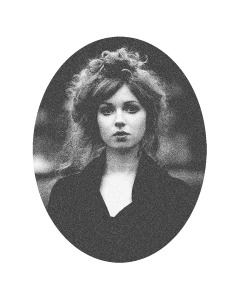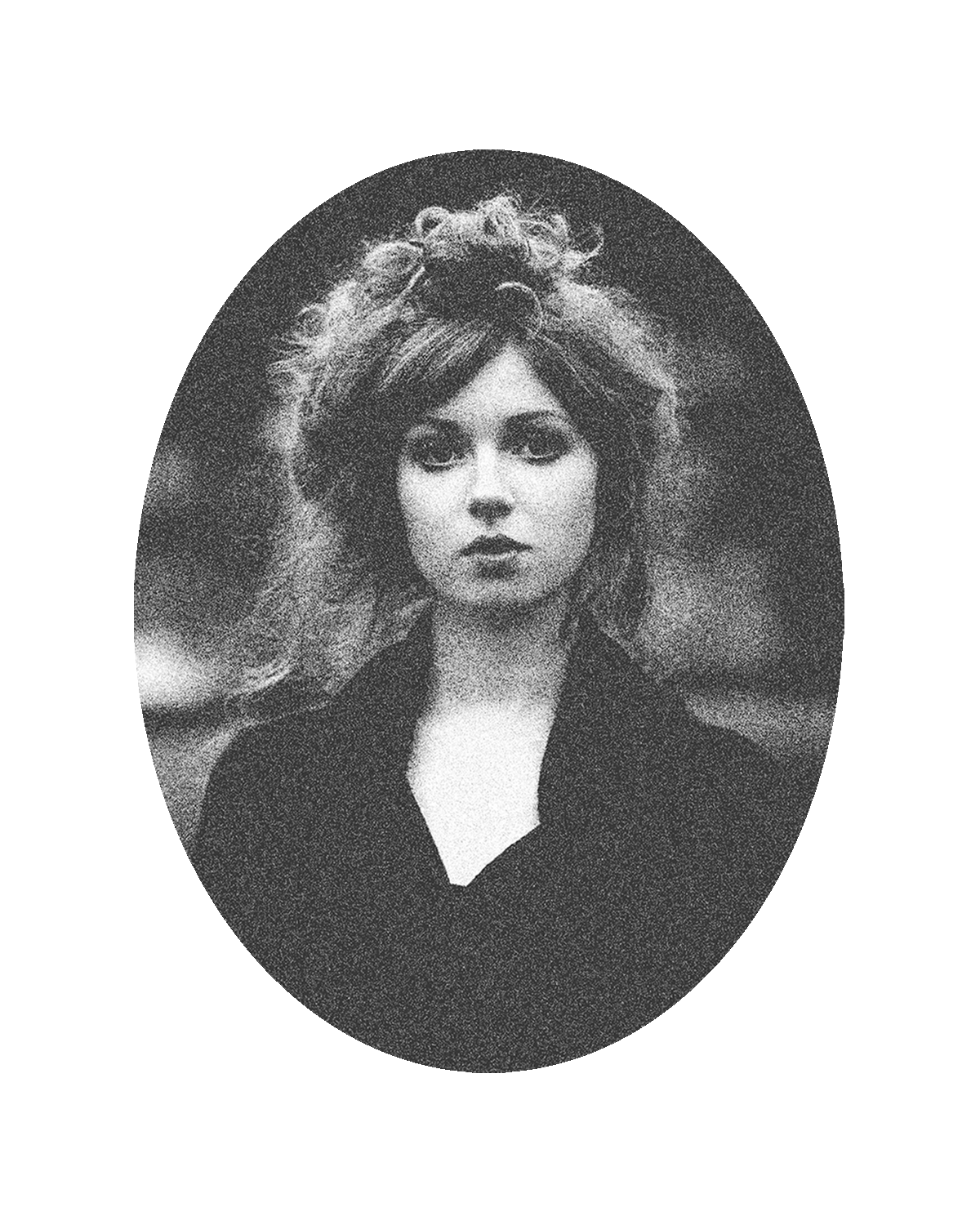 I always love when a new artist comes my way by suggestion of another. Ian Fitzgerald introduced me to Riley Pinkerton‘s music recently and I have been spinning her latest album “Do You Have A Car?” relentlessy ever since. A short and sweet collection I found it best to describe as “Moving, poignant, ethereal…”, it was beautiful and haunting and has a keen focus on the words contained within the movement of the 5 songs contained on it. You can check out that review right here, and read on for a quickfire interview with Riley.
I always love when a new artist comes my way by suggestion of another. Ian Fitzgerald introduced me to Riley Pinkerton‘s music recently and I have been spinning her latest album “Do You Have A Car?” relentlessy ever since. A short and sweet collection I found it best to describe as “Moving, poignant, ethereal…”, it was beautiful and haunting and has a keen focus on the words contained within the movement of the 5 songs contained on it. You can check out that review right here, and read on for a quickfire interview with Riley.
RLR: What does your songwriting process look like? I am intrigued by your description of “lyrics inspired by human behavior…” from your bandcamp page. Enlighten us how a song usually comes to be in your own style of writing a song.
Riley: My songwriting process has changed over time, and I’m not sure if I’ve managed to settle into one set process. From time to time, I experience creative spurts where lines hop into my head and I jot them down over time until one day when I’ll sit down with everything and go through them to see if there’s a common thread between any of them, and then end up with a sort of patchwork song. Those types of songs feel a bit like they’re revealing themselves to me, throughout the process, as opposed to me writing them. Other times, I set out to write with intention; story-songs, with characters and plots planned out, oftentimes drawing from my own experiences or based on characters from my own life.
RLR: Community is a big part of why Red Line Roots exists and something I take very seriously. My favorite artists in time become close friends in many cases, and my close friends are folks that I consider family. What is the artistic community surrounding you like? How do you pull inspiration from those around you?
Riley: I very recently moved from the Midwest to New York City, and only extremely recently have I started to feel as though I’ve found myself settling into a community. I learned a lot from my former band and fellow musicians back in Michigan, and now I’m really looking forward to what this major change in community and environment will bring me, in regards to support and inspiration.
I’ve made a lovely group of friends in the city, and the group is really diverse, which I find to be very inspiring, and also reassuring. We’re all extremely respectful and appreciative of one another’s music and performance styles. The beautiful thing about how different our styles and influences are is that it never feels competitive or anything short of completely supportive, which I’ll admit I was a tad concerned about when, as an outsider, I was considering what the New York City scene might be like.
Outside the city, I’ve been warmly welcomed by Eric Michael Lichter and the Dirt Floor community and many associated artists. Through a show set up by Eric in Connecticut, I met Rhode Island-based singer-songwriter Ian Fitzgerald. As a result, Ian and I have shared a few shows out on the road together. Ian has introduced me to the thriving musical community in Providence, RI, and other musicians throughout New England, as well. At the moment, I feel as if I’m flitting about between those three communities which is all the more inspiring and enriching. The more the merrier, I say!
RLR: Why do you create art?
Riley: I suppose, in a similar vein to what you’ve previously stated about the significance of friends and community, I place a high level of importance on feeling connected to others, and therefore, a high level of importance on communication; wanting to understand others and, at times, a nearly crippling desire to be understood. I believe I have a tendency to over-explain myself and at times I’m afraid I may lay myself too bare.
By creating art, whether it be by painting (I’m extremely passionate about visual arts in addition to music) or by songwriting, I’m able to express myself and display my point of view as thoroughly, as emotionally, and as rawly as I feel suits the piece. Through the process of writing, I’m forced to work through experiences and to sift through my own thoughts and feelings until I’m able to communicate them far more concisely than I would in a conversational setting, and as a result, selfishly enough, I benefit on a very personal level from doing that. Performing my songs live is where I lay myself bare and, hopefully, in doing that I am presenting or exposing myself and my work in a way that anyone who is listening might be able to relate to or connect with the stories I’m relaying. It’s a cycle of trying to understand the world around me, and projecting my own version of the events that have made their impressions upon me back into the world, and hoping that my viewpoint might be understood. Ideally, beyond myself being understood, my work could promote understanding amongst others, and I create art in hopes of attaining both or either levels of understanding.
 I always love when a new artist comes my way by suggestion of another. Ian Fitzgerald introduced me to Riley Pinkerton‘s music recently and I have been spinning her latest album “Do You Have A Car?” relentlessy ever since. A short and sweet collection I found it best to describe as “Moving, poignant, ethereal…”, it was beautiful and haunting and has a keen focus on the words contained within the movement of the 5 songs contained on it. You can check out that review right here, and read on for a quickfire interview with Riley.
I always love when a new artist comes my way by suggestion of another. Ian Fitzgerald introduced me to Riley Pinkerton‘s music recently and I have been spinning her latest album “Do You Have A Car?” relentlessy ever since. A short and sweet collection I found it best to describe as “Moving, poignant, ethereal…”, it was beautiful and haunting and has a keen focus on the words contained within the movement of the 5 songs contained on it. You can check out that review right here, and read on for a quickfire interview with Riley.
